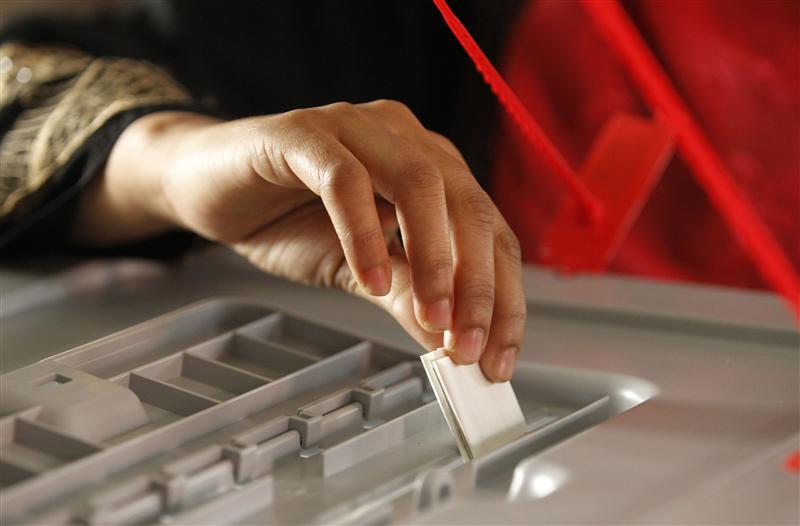Diplomats would hardly go anywhere without their knowledge. So the claim that the police did not know about this visit from beforehand is rather surprising. It is the Bangladesh government who is primarily responsible for the investigation and trial concerning any injustices during the military rule, so it is not clear why a memorandum should be given to a foreign ambassador in this regard.
If the government had not rejected the demand to investigate the enforced disappearances, surely there would have been no scope for the diplomats to intervene?
The unwarranted and unnecessary controversy created over the matter has reached such a height that the ambassador of a different country has come forward to say that no country has the right to interfere in Bangladesh’s internal matters. Isn’t this sudden statement by the Russian ambassador, which clearly goes in favour of the government, also a sort of interference?
Earlier, on Monday, the foreign minister AK Abdul Momen had said that handing over a memo to the ambassador on the streets was not a proper procedure. It is not understood why he hadn’t said so two days earlier?
The biggest problem with the present government’s stance concerning so-called interference of foreign diplomats in the country’s internal matters, is their double standards. On one hand the diplomats of western countries are being told that their interference in domestic affairs is a violation of the Vienna Convention regarding diplomatic norms, yet on the other hand such intervention by non-western countries is seen as a boost to the government and is encouraged.
One may recall in this regard, the intervention by Indian foreign secretary Sujata Singh to influence Jatiya Party in the December 2013 election. And this year the foreign minister himself said he had asked India to help his government remain in power. The government surely won’t reject Russia’s latest support (statement), will it?
He said when an ambassador goes to any country as a representative of a state, it is only natural that he will try to influence the host country’s foreign policy in favour of his state. After all, he represents the interests of his country. It is widely known that Bangladesh is caught up between the US Indo-Pacific Strategy on one hand and China’s Belt and Road Initiative on the other. So when these countries take part in discussions on foreign affair policies, is this not interference in our internal affairs?
He cited Zimbabwe as an example in the dilemma between diplomatic interference and diplomatic duty. In 2007, during a radio interview there, the US ambassador Christopher Dell explained these matters. The president at the time, Robert Mugabe, had accused foreign diplomats of backing the opposition.
When asked about this, Ambassador Christopher Dell said that while the Zimbabwe government was stressing certain articles of the Vienna Convention, they were ignoring the articles which allow diplomatic missions to ascertain the conditions and developments in the host state.
He gave another example in Kenya where, in 2004, the British high commissioner at a meeting of the British-Kenya chamber, sternly criticised the corruption within the government. The high commissioner was summoned and asked to explain his statement in private. The UK at the time was Kenya’s highest investor country and had earlier expressed its concern to the government about the corruption. As the situation hadn’t changed, he had made this comment. It is undeniable that his country’s interests were involved in his statement.
When no new sanctions were imposed on international human rights day this year, some of the ministers expressed their smug satisfaction
Paul Behrens says that another area where most controversy is stirred when diplomats intervene in domestic affairs, is the area of human rights. As the Vienna Convention does not specifically list the scope of diplomatic duty, diplomats play a role as required under international law.
He said, in international law the matter of human rights in the international court is recognised as erga omnes. This Latin term means ‘obligations towards all’. What the host country terms as interference, the diplomats justify with international law, but there has been no legal resolution to this debate.
No matter what debate there may be over the role of foreign diplomats on the question of human rights, freedom of expression, self-determination or voting rights, the role of democratic countries in this regard is nothing new.
Whatever mindset or viewpoint is carried in Washington or the European capitals, their representatives don’t deviate from that. They have not spoken in favour of any particular political party or ideology. The opposite is noted in the case of authoritarian countries. Take neighbouring Myanmar for example. Certain countries, as everyone knows, have termed the ethnic cleansing and genocide there as a matter of that country’s internal security.
There is no denying that the issue of human rights has cast a shadow over bilateral relations with the US. This has been brought on by the sanctions imposed against an entire security force, RAB and a number of officers. When no new sanctions were imposed on international human rights day this year, some of the ministers expressed their smug satisfaction and tried to assure us that there would be no new sanctions. The question is, why is the question of new sanctions even arising? We need to first know what has happened about withdrawing the old sanctions.
* Kamal Ahmed is a senior journalist
* This column appeared in the print and online editions of Prothom Alo and has been rewritten in English by Ayesha Kabir










